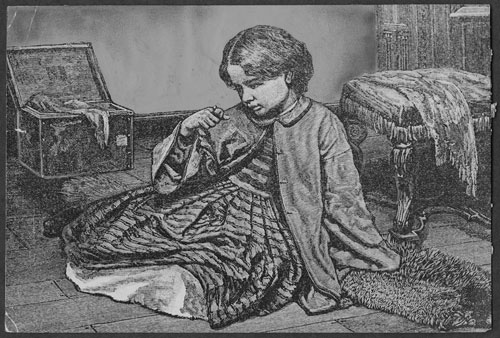The Browning of America and the Evasion of Social Justice (Review)
by Ronald R. Sundstrom
SUNY Press
2008, 190pp., $24.95 (pbk.)
ISBN: 9780791475867
Notre Dame Philisophical Reviews
2009-06-29
Reviewed by Lucius T. Outlaw (Jr.)
Vanderbilt University
The United States is undergoing the most profound demographic changes in the country’s history so that in a few decades, if not sooner, persons identified (and identifying themselves) as white and tracing their ancestry to Europe will have become part of the nation’s racial and ethnic plurality, no longer its numerically dominant racial group. This historic development portends others equally historic and transformative, among these the gradual — possibly even dramatic — displacement of white people as the dominating group politically, economically, socially, even culturally…
…Some persons envision a United States no longer ordered by racial or ethnic considerations, where color-consciousness has been dissipated by practicing color-blindness, and by the demographic predominance of “brown” Americans to such an extent that the sorting of persons into hierarchically valued, color-coded racial and ethnic groups will not have a demographic basis. Such was the wish of Frederick Douglass: that the nation’s racial population groups would intermingle and interbreed — in his words “amalgamate’ — to such an extent that a new “blended” race, neither black nor white, would emerge and rescue our country from the scourge of color-conscious, color-valuing racialisms and racisms…
…In the midst of all of the many aspects of invidious racial and ethnic oppressions that have been devised and practiced across the history of the United States, the aspect most sensitive and productive of the most grotesque violence has been that having to do with the most intimate and consequential of human involvements: intimate relations, intimate sexual relations especially, between persons of different and differently ranked racial groups. These are subjects, Sundstrom argues, that have been systematically avoided by contemporary thinkers who wrestle with race matters. He would have us stop avoiding the subject, not least because of the foundational importance of intimate relations for the formation and continuation of polities. Without such relationships, there can be no polities. There can be no resolution of our racial and ethnic difficulties without being forthright about intimate and sexual interracial matters. These, argues Sundstrom, must not be relegated to the realm of privacy and thus put off limits to philosophers and theorists of the social and political. Moreover, he would not have these matters be wedded to the “browning of America” as their presumed resolution, as Frederick Douglass had hoped out of anguished alienation and desperation. Chapter four, “Interracial Intimacies: Racism and the Political Romance of the Browning of America” is required reading for us all, if social justice is not to be evaded.
So, too, chapter 5, “Responsible Multiracial Politics”. Here the reader will experience, as well as come to understand, the personal existential weight and philosophical significance for Sundstrom of political endeavours for persons whose identities are neither easily nor accurately given fulfilling, coherent, authentic, and healthy articulation and lived-experience if forced into a seemingly singular, unitary, and thus supposedly harmonious racial designation. Persons who are descendants of multiracial, multiethnic unions — even when the races and ethnic groups are understood as social, rather than biological, constructs — need the terms and concepts by which they can identify, identify with, and live their important various heritages, by which they can, in all appropriate instances, ‘remember their grandmothers’. Needed, too, are modes of politics that sanction and nurture this important existential work as another crucial aspect of multiracial, multiethnic democratic polities, modes of politics by which persons of complex identities can be made ready for and welcomed to shared and responsible political life. Social justice without evasion…
Read the entire review here.
